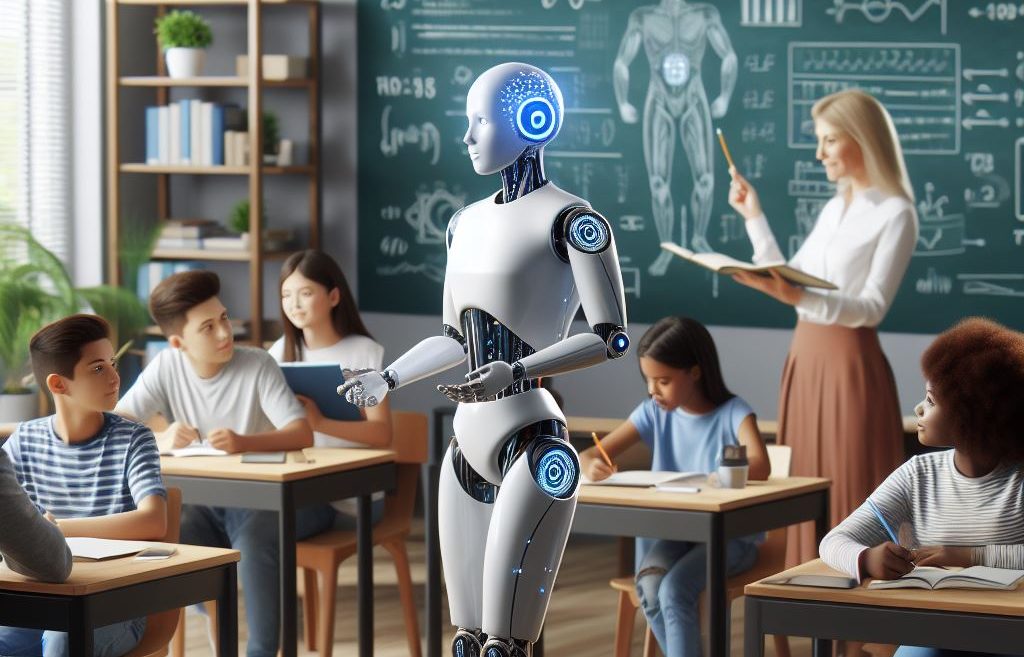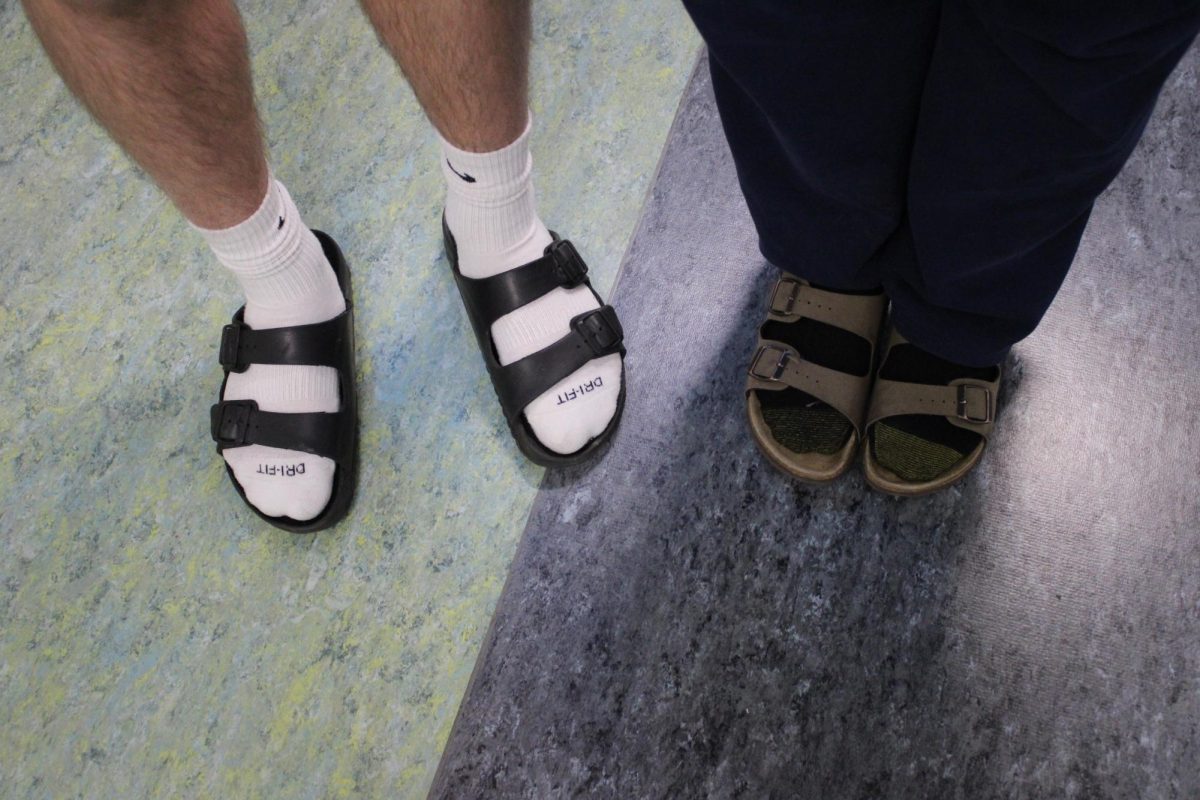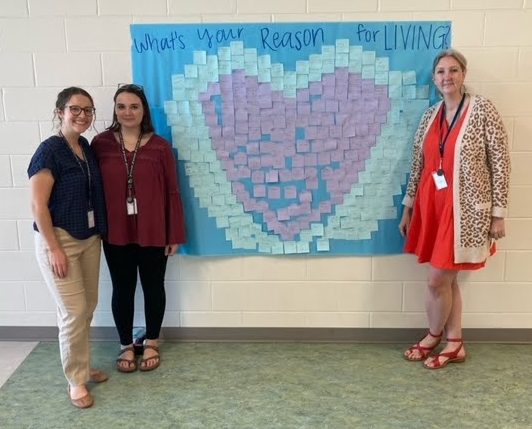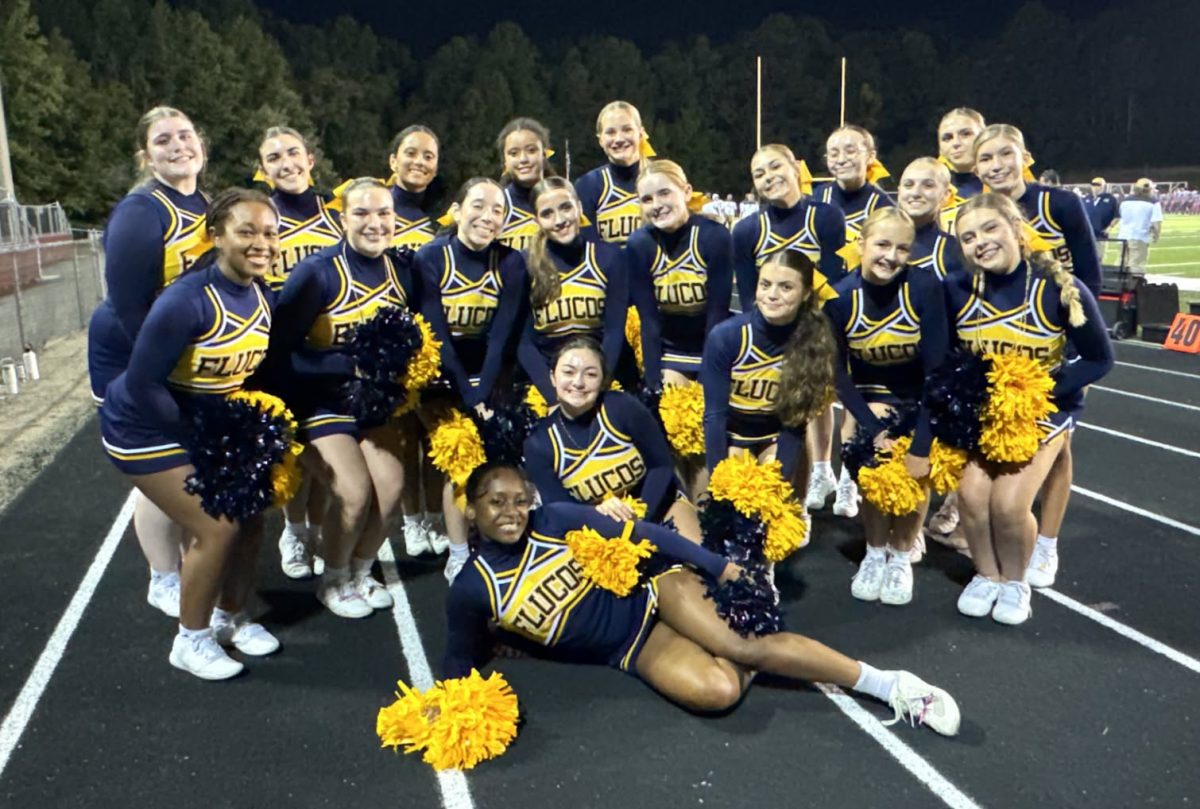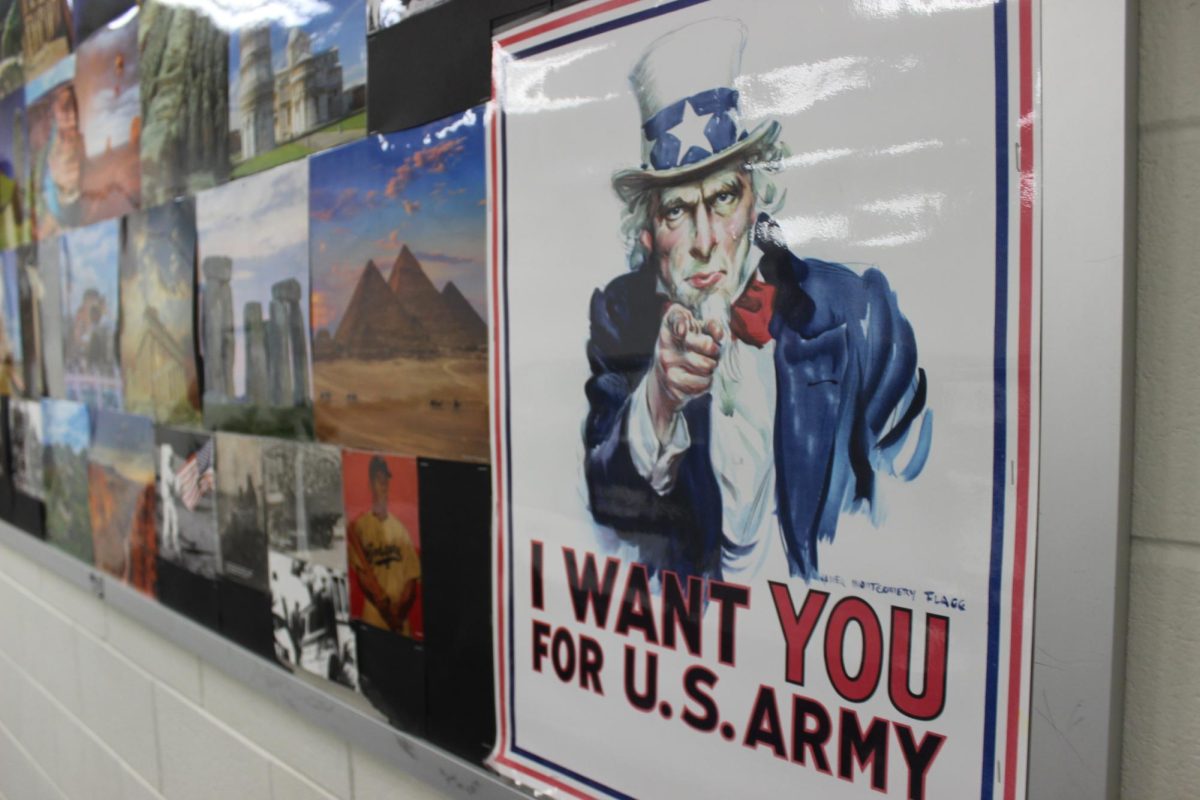When people hear the word “technology” they often associate it with something new and cutting edge. Artificial Intelligence (AI) is the latest innovation on that list, and it is having an increasingly profound impact on education.
Teachers, students, and even administrators are starting to use AI to do many things. Teachers use it to create quizzes, students to write essays, and administrators to start the base of projects before building upon them. However, AI does have its drawback, one of which is that it can make your work look impersonal and dehumanized. In addition, this dependence on technology and lack of original work has other possible ramifications.
“I’m concerned that it’s going to remove the human element that makes education special and devalues the expertise and authenticity of intentional learning processes,” said FCHS science teacher Wiley House.
Cheating has always been an issue for teachers, but it has gotten worse with AI. There are many ways to stop students getting credit for using AI on their essays, but not for using it to complete simple quizzes or assignments. While the use of plagiarism checkers is common in English classes, not all teachers use them. This is even more true when it comes to AI checkers.
Authenticity of work and assignments is another rising issue. Students are starting to feel like they aren’t getting as much credit for their work as they used to before AI.
“It scares me so much. I think it hinders students’ growth in education. Also, the students who don’t use it don’t get as much recognition for their essays and school work,” said a sophomore Ryllen Beasley.
Some teachers believe that students have lost a connection with what they’re learning and their assignments thanks to AI. For instance, in English classes, some students no longer write their own essays. Instead, they use AI websites. This causes students to no longer truly think about what they have to write, and thereby, reassess their subject or unit in class.
Another issue with AI is that some teachers will check students’ work for AI use and think they caught them, when they actually didn’t. This doesn’t happen often, but some student writers accidentally craft sentences that sound like they have been written by AI. In such cases, it’s hard for students to prove their work is not AI-based since the teacher couldn’t actually observe the student do their work in class.
Whether you think AI is a negative addition for school systems or not, it is advancing rapidly and leaving a huge footprint on the education of students. According to Inside Higher Ed, “27 percent of students were using AI writing tools, and by the fall, that had jumped to 49 percent.”
Stopping the uprising of this technological advancement may be difficult, but could be slowed down if taken out of school systems.
“AI is advancing at a rapid rate. I think it’s alarming to educators because now they not only have to battle cheating, but they have to battle with AI also, in cheating and copyright,” said FCHS sophomore Delaney Feury, who is the daughter of a Fluvanna teacher.

